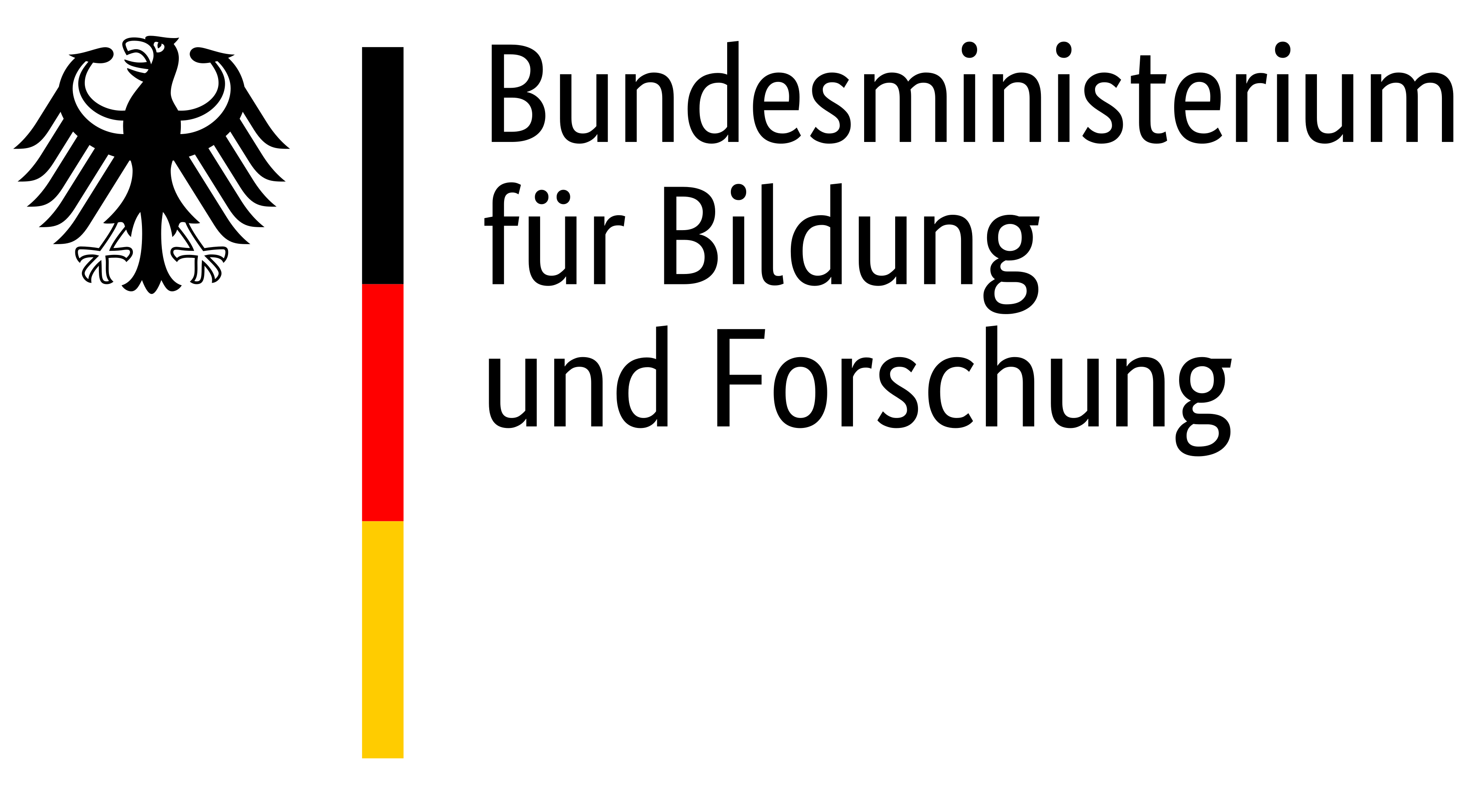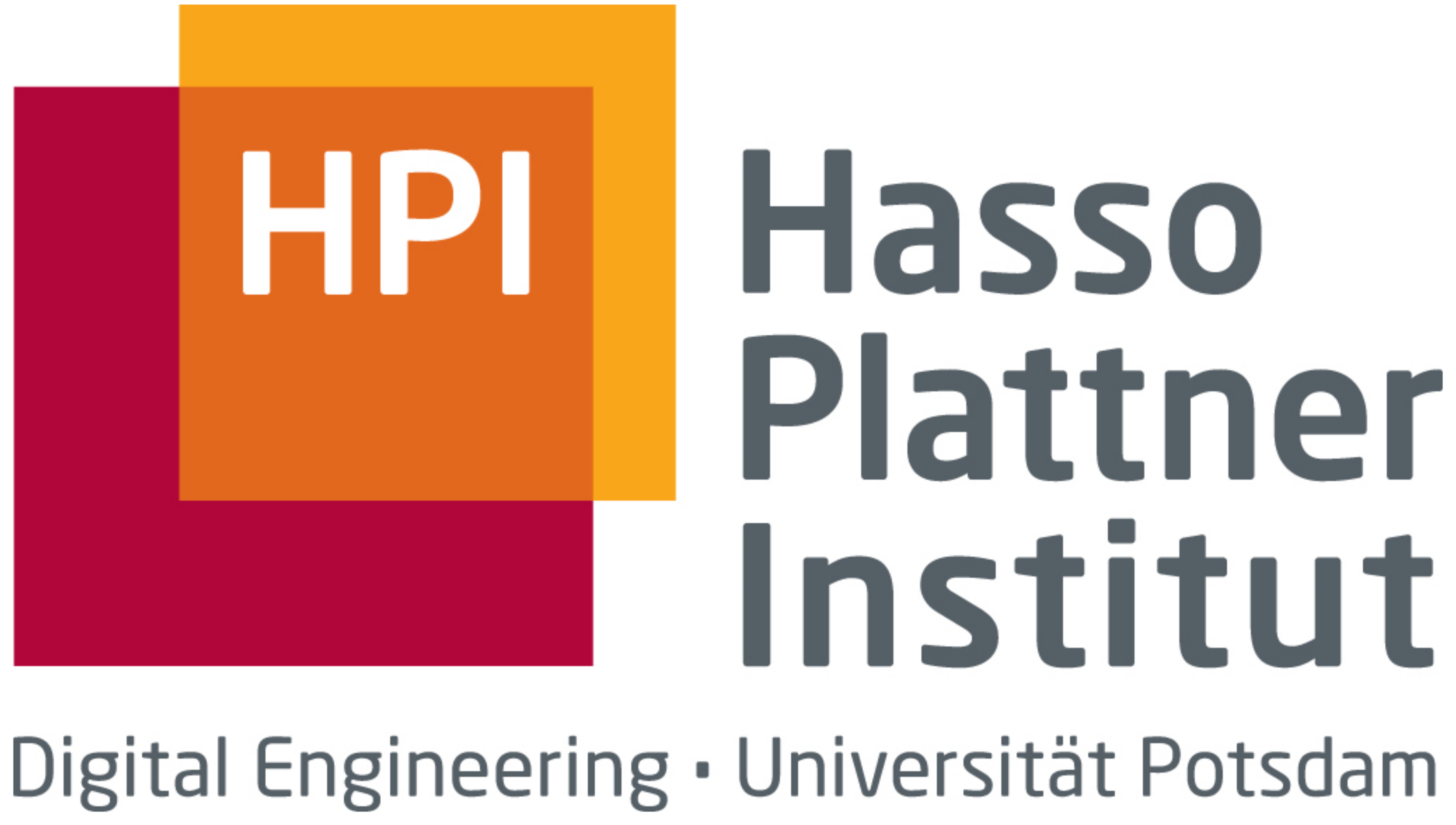
Datenschutz
Datenschutzhinweise – Anonyme Nutzung der Website
Bei Aufruf und Nutzung der Website werden keine personenbezogenen Daten von Ihnen erhoben oder gespeichert.. Wenn Sie unsere Website aufrufen, teilt Ihr Webbrowser unserem Webserver Ihre IP-Adresse mit, um eine Kommunikation zu ermöglichen. Die IP-Adresse wird von uns dabei nur gekürzt gespeichert, um eine Identifikation Ihrer Person bei Aufruf der Website vollständig ausschließen zu können
Bei jedem Zugriff auf die Website werden die folgenden technischen Daten übertragen: Name der abgerufenen Datei; Datum und Uhrzeit des Abrufs; Übertragene Datenmenge; Benachrichtigung, ob der Abruf erfolgreich war; die Webadresse, von der aus auf die Datei zugegriffen wurde (Referrer URL); Informationen über das Betriebssystem und den Browser (User-Agent-String); IP-Adresse (wird nur gekürzt gespeichert)
Die Daten werden nach Beendigung Ihrer Sitzung automatisch gelöscht und nicht von uns gespeichert (z.B. in Protokolldateien).
Außerdem verwenden wir Cookies, um die technische Funktionalität unserer Webseite gewähren zu können. Cookies sind kleine Textdateien mit Informationen über die Nutzung unseres Dienstes, die auf Ihrer Festplatte/Gerätgespeichert werden, wenn Sie diese Speicherung über die Einstellung Ihres Browsers erlauben. Cookies können keine Programme ausführen oder Viren aufIhren Computer übertragen. Die von uns eingesetzten Cookies sind sog. Session Cookies, die nur für die Dauer des Websitebesuchs gespeichert werden, nicht darüber hinaus. Anhand dieser Cookies ist keine Identifikation Ihrer Person möglich.
Datenschutzhinweise – Teilnahme an der Studie/Datenspende
Erhobene Daten
Datenspende: Bei der Datenspende Ihrer Social-Media-Daten erfassen wir ausschließlich Metadaten (e.g. Nachrichtenlänge, Nachrichtenzeitpunkt und Pseudonyme der UnterhaltungsteilnehmerInnen) und keine Inhalte (e.g. Nachrichtentext oder Name der UnterhaltungsteilnehmerInnen). Ihre Online-Interaktions-Daten werden bereits auf Ihrem Rechner anonymisiert. Wir sehen also niemals Ihre Nachrichten. Bevor wir Ihre anonymisierten Nachrichten speichern, können Sie diese begutachten. So können Sie sich davon überzeugen, dass diese ausreichend anonymisiert sind.
Fragebögen: Sie füllen zunächst Fragebögen zu Ihren demographischen Informationen, zu Ihrer Spende, sowie zu Ihrer momentanen Stimmung und zu Ihrem Messaging-Verhalten aus. Danach können Sie die Datenspende durchführen und erhalten Feedback. Anschließend füllen Sie weitere Fragebögen zu ähnlichen Themen aus, sowie zu der Benutzerfreundlichkeit des Feedbacks. Diese Erhebung findet ebenfalls komplett anonym auf der Plattform LimeSurvey statt.
Freiwilligkeit
Die Teilnahme an der Studie ist freiwillig. Sie können jederzeit und ohne Angabe von Gründen Ihre Einwilligung zur Teilnahme an dieser Studie widerrufen, ohne dass Ihnen daraus Nachteile entstehen. Sie können Ihre Einwilligung zur Speicherung der Daten bis zum Ende der Datenerhebung widerrufen, ohne dass Ihnen daraus Nachteile entstehen.
Datenschutz
Da wir weder Ihren Namen oder andere personenbezogenen Daten erheben, können wir nach Abschluss der Studie, Ihre Daten nicht mehr Ihrer Person zuordnen – der Datensatz ist anonym. Entsprechend können wir Ihren Datensatz jedoch auch nicht gezielt löschen. Aufgrund der von vornherein vollständig anonymisierter Verarbeitung findet außerdem die Datenschutzgrundverordnung keine Anwendung. Bei Fragen zum Datenschutz können Sie sich an den/die Datenschutzbeauftragte/n der Universität wenden:
Behördliche DatenschutzbeauftragteUniversität Bielefeld
Büro: UHG T6-234
Telefon +49 521 106-5225
datenschutzbeauftragte@uni-bielefeld.de
Verwendung der anonymisierten Daten
Die Ergebnisse und Daten dieser Studie werden als wissenschaftliche Publikation veröffentlicht. Dies geschieht in anonymisierter Form, d. h. ohne dass die Daten einer spezifischen Person zugeordnet werden können. Die vollständig anonymisierten Daten dieser Studie werden online in einem Forschungsdaten-Repositorium gespeichert und qualifizierten Wissenschaftlern auf Antrag zugänglich gemacht.



